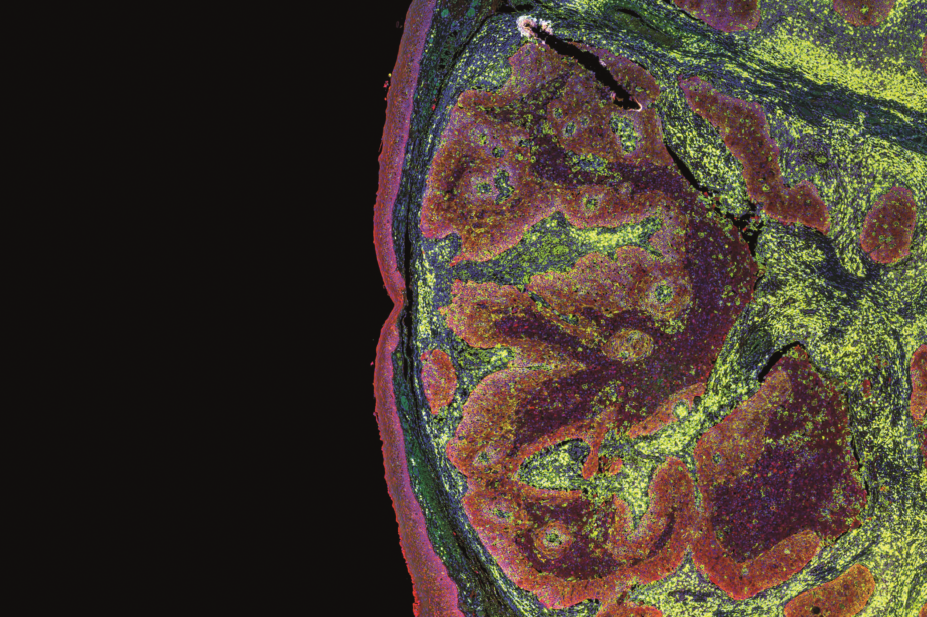
Shutterstock.com
Charles MacGregor, health advocate for the Mesothelioma Cancer Alliance, describes the significant impact of mesothelioma and the vital role of the pharmacist.
Cancer is currently the leading cause of death in the United Kingdom, killing nearly 163,444 people in 2014 alone. Among them is mesothelioma, an incredibly rare cancer affecting the linings of organs like the lungs, heart or abdomen, and will permanently change the lives of nearly 14,200 people diagnosed worldwide with the disease each year. The aggressive cancer is exclusively linked to asbestos exposure and often leaves few treatment options on the table, but those that remain are often intense given the disease’s short life expectancy. In these situations, pharmacists have become a necessary and much-needed part of the healthcare landscape, offering specialised expertise as part of an interdisciplinary cancer treatment team.
For years, pharmacists have acted as a sort of liaison between patients and their primary doctors, allowing them to play a vital role in the healthcare process. Whether it’s suggesting a vitamin regimen, staying vigilant for possible drug interactions or just answering questions about side effects, pharmacists serve as an additional voice capable of providing relevant and important information without the expensive doctor’s visit. But when you or a loved one is diagnosed with cancer, what role does the pharmacist play and how does the invaluable advice they provide fit in?
Oncology pharmacists are an integral part of the cancer treatment program, doing much more than simply mixing and dispensing drugs to patients. In many cases, these pharmacists are included in the huddle among doctors, nurses and other healthcare professionals to help determine what the best course of action is for each person they treat. In addition, a rising number of oncology pharmacists are taking more direct control over patient care through
collaborative practice agreements
. These agreements allow pharmacists to not only prescribe specific drugs, but also administer those medications, order certain tests associated with treatment, and adjust drug regimens. This gives the pharmacist the opportunity to work with a patient throughout the care timeline, from diagnosis and treatment to pain and symptom management.
While the most common cancer treatments are generally surgery, chemotherapy and radiation, the rising use of immunotherapy to address certain types of cancer is pushing clinical oncologists to find better therapy options. By having a pharmacist in the room, the multidisciplinary team is capable of better managing treatment. The added expertise also aids in resolution of other treatment related issues, including possible side effects, drug interactions, dosing procedures and even
dealing with reimbursement issues
as a result of high-cost therapies.
In addition, if diseases like mesothelioma are diagnosed late, treatment options are often limited. With that in mind, there may be an increased focus on improving the patient’s quality of life through palliative care. A patient with mesothelioma will experience pain from not only the cancer spreading to other organs, but from any treatment they may be undergoing and during times when muscles may be succumbing to atrophy. In cases of pleural mesothelioma, the most common type diagnosed, pain can also be derived from fluid buildup around the lungs. The pressure from the fluid can cause a lot of pain and laboured breathing.
The pain and stress associated with caring for a loved one in this state can leave families looking for answers. For oncology pharmacists, limiting the amount of pain experienced by patients is only one part of the problem. Making sure which drugs can be administered without causing additional side effects is paramount to making palliative care successful.
In other cases, oncology pharmacists are called on to help with clinical trials for other drugs, to act as investigators and provide valuable insight for drug development and clinical research. For example, certain immunotherapy drugs currently approved to treat non-small cell lung cancer and melanoma are showing some
promise in treating mesothelioma
in clinical trials. However, there needs to be concrete evidence advocating efficacy. To do that, those trials require pharmacists to not only meet with patients to determine how well treatments are working, but also to help them manage a variety of side effects, collect valuable data and eventually help identify and determine which drugs might be suitable for more testing.
It is no surprise that the need for qualified and highly-educated professionals is going to increase. The role of the pharmacist is expanding into something bigger. Pharmacists are increasingly involved in making clinical decisions that have a significant impact on patient health, and are well-equipped to help make those decisions in an attempt to provide the best possible care.
You may also be interested in
The importance of diverse clinical imagery within health education

Government should consider ways to prevent ‘inappropriate overseas prescribing’ of hormone drugs, review recommends
